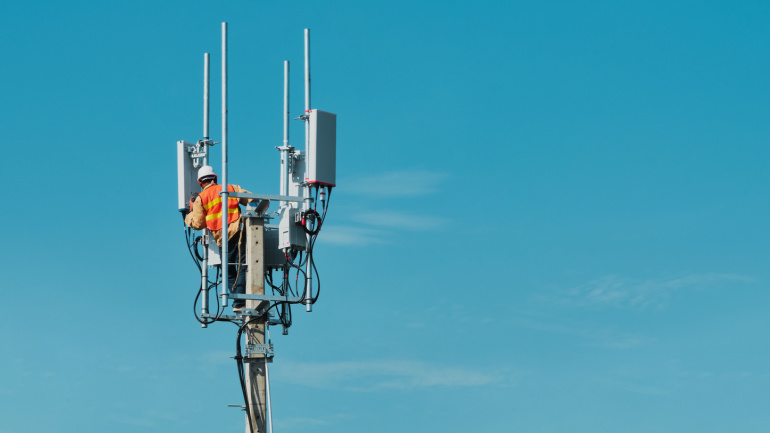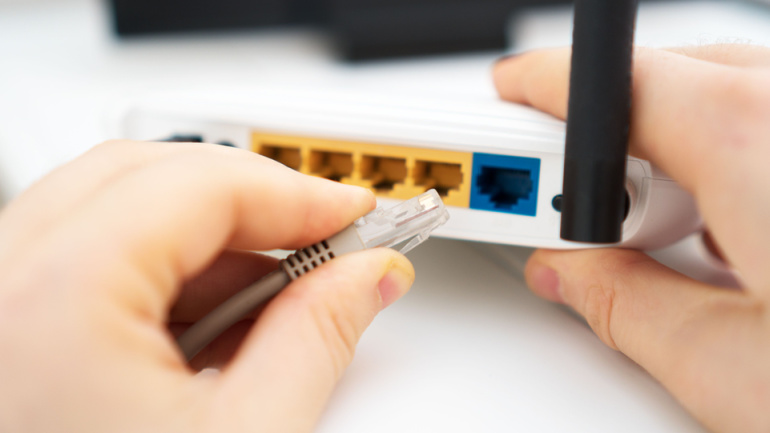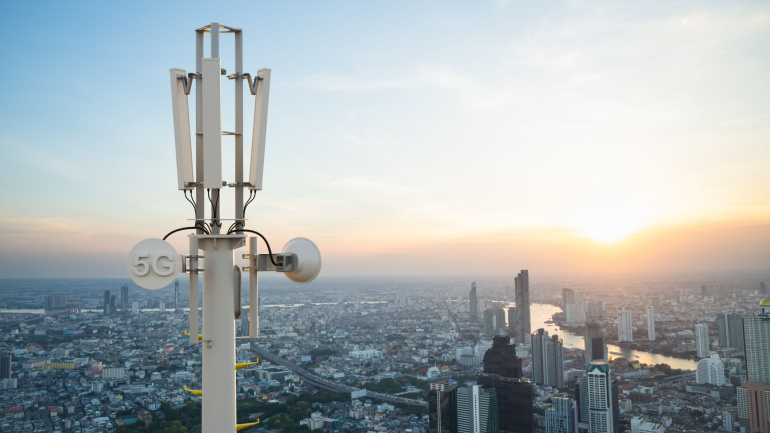In a bold move set to enhance its spectrum capabilities, T-Mobile US is poised to acquire Comcast’s 600 MHz frequencies, in a deal worth up to $3.3 billion. With 39 million subscribers potentially impacted, this decision reconfirms T-Mobile’s commitment to streamlining its 600 MHz range, especially in key US cities. It’s worth noting that despite the ambitious agreement, Comcast retains the rights to exclude any licenses before completion. The deal serves both parties well, promising to augment T-Mobile’s already substantial frequencies and refresh Comcast’s spectrum focus on high traffic areas.
In an intriguing development, T-Mobile US will undergo a noteworthy operational shift. This involves a 7% workforce reduction, essentially 5,000 jobs, largely affecting corporate and redundant roles. This maneuver, stated by CEO Mike Sievert, aims to lessen costs in customer acquisition and retention while propelling operational efficiency. Amid a previous triumphant Q2 report, this unexpected announcement leaves a nuanced taste among the telecom firm’s workforce, promising an enthralling evolution for attentive stakeholders and observers.
T-Mobile has shaken up the wireless market with the launch of its new premium service plan, Go5G Next, positioning itself as a contender in the higher-priced service sector. In a surprising move, the plan’s cost surpasses those of rivals Verizon and AT&T for a single line of service, defying T-Mobile’s historical reputation for affordability.
The uptake of fixed wireless access technology in the US is surging, especially with T-Mobile US and Verizon driving this trend. These telecom behemoths could potentially outstrip their predicted subscriber figures, as suggested by recent data. Both companies registered almost 900,000 customer net additions to their 5G-based fixed wireless services in just the second quarter.
As T-Mobile launches its 5G SA network slicing beta, it offers a unique window of opportunity to developers, aiming to improve video calling applications. With the rising demand for such apps in the remote work era, developers leveraging the tailored network slices could unlock applications showcasing faster speeds, decreased latency, and better reliability. As some experts express high hopes for the potential of network slicing, could this move revolutionize telecommunications amidst the surge in hybrid work?
T-Mobile’s fruitful Q2 performance exhibits impressive growth with an increase of 760,000 postpaid phone customers and 509,000 Fixed Wireless Access home Internet customers. On the financial front, a 2.8% YoY service revenue hike pushed their accounts to $15.7 billion, despite a minor 2.6% dip in overall revenue. The telecom giant further asserted its prowess with a record low postpaid churn of 0.77%, prompting an upward revision of its yearly customer addition expectations.
T-Mobile has taken a bold step forward in the world of 5G technology, initiating the rollout of its latest innovation that promises lightning-fast speeds of up to 3.3Gbps. The breakthrough is achieved through carrier aggregation, a technique that combines four distinct 5G channels into one for compatible devices. At present, only Samsung’s newer Galaxy S23 phones are capable of harnessing this impressive speed boost.
The City of Bellevue, renowned for its digital innovation, has partnered with T-Mobile to launch a collaborative project utilizing Cellular Vehicle-to-Everything (C-V2X) technology and T-Mobile’s 5G network. The initiative aims to facilitate near real-time communication between vehicles, traffic infrastructure, pedestrians, and cyclists, in support of Bellevue’s Vision Zero program, which seeks to eliminate road-related fatalities and serious injuries by 2030.
AT&T challenges T-Mobile’s plan to harness SpaceX’s satellite services for improved mobile network coverage, citing potential interference and spectrum allocation violations. This rivalry intensifies the race to offer extensive coverage in hard-to-reach areas.
T-Mobile has announced its latest sustainability initiative, a commitment to reach net-zero emissions across its entire carbon footprint by 2040. The operator has also joined The Climate Pledge, a community of organizations working together to combat global carbon emissions. T-Mobile is the first wireless company in the United States to set a net-zero objective that has been certified by the Science Based Targets Initiative (SBTi) using its Net-Zero Standard. The target includes direct and indirect emissions from T-Mobile’s operations and facilities, purchased electricity, and all remaining indirect scope 3 emissions, such as those produced by suppliers, customer device usage, materials, employee travel and other factors, accounting for roughly two-thirds of the company’s total carbon footprint. The Climate Pledge, launched in 2019 by Amazon and Global Optimism, is a pledge to reach net-zero emissions 10 years before the date targeted by the Paris Agreement. T-Mobile joins almost 400 companies…













